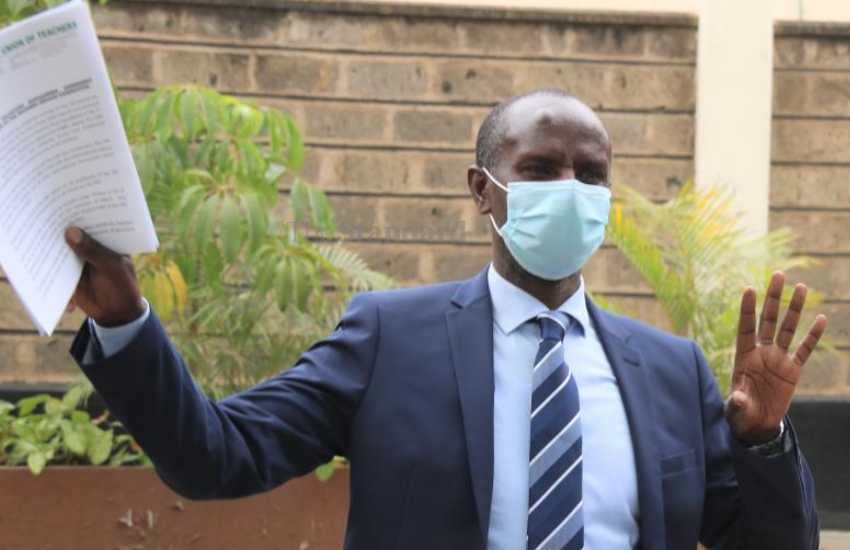
Schools have to reopen, even if the Covid-19 positivity rate is at its highest. The government should invest in the public education system based on comparative statistics and indicators that provide insight into the functioning of the education system – reflecting both the resources invested in education sector and the returns.
These indicators should indeed become a unique knowledge base, underpinning public policies that attempt to improve access to equitable quality education in order to make lifelong learning a reality for all children. These indicators should also guide in raising the quality of educational opportunities, and to ensure effective use of resources and fair distribution of learning opportunities in the post-Covid period.